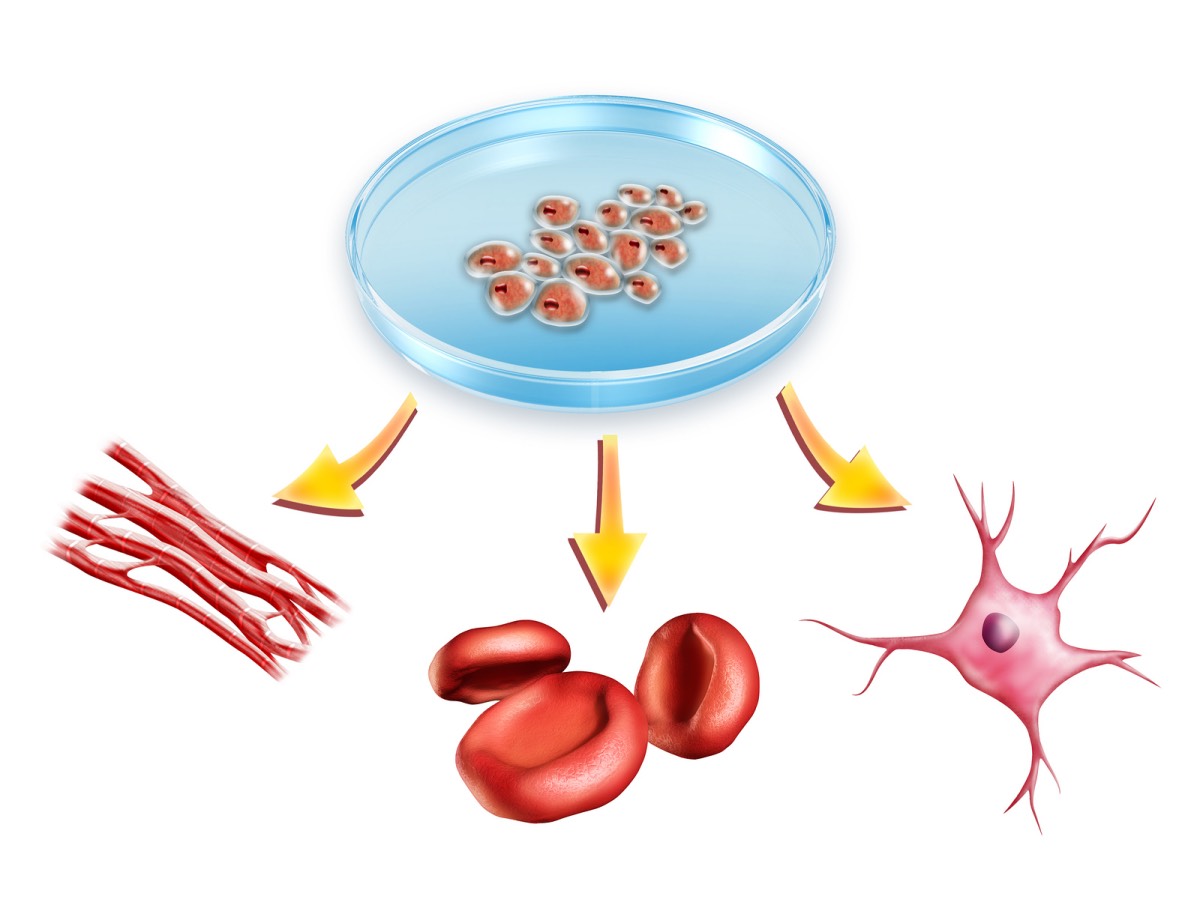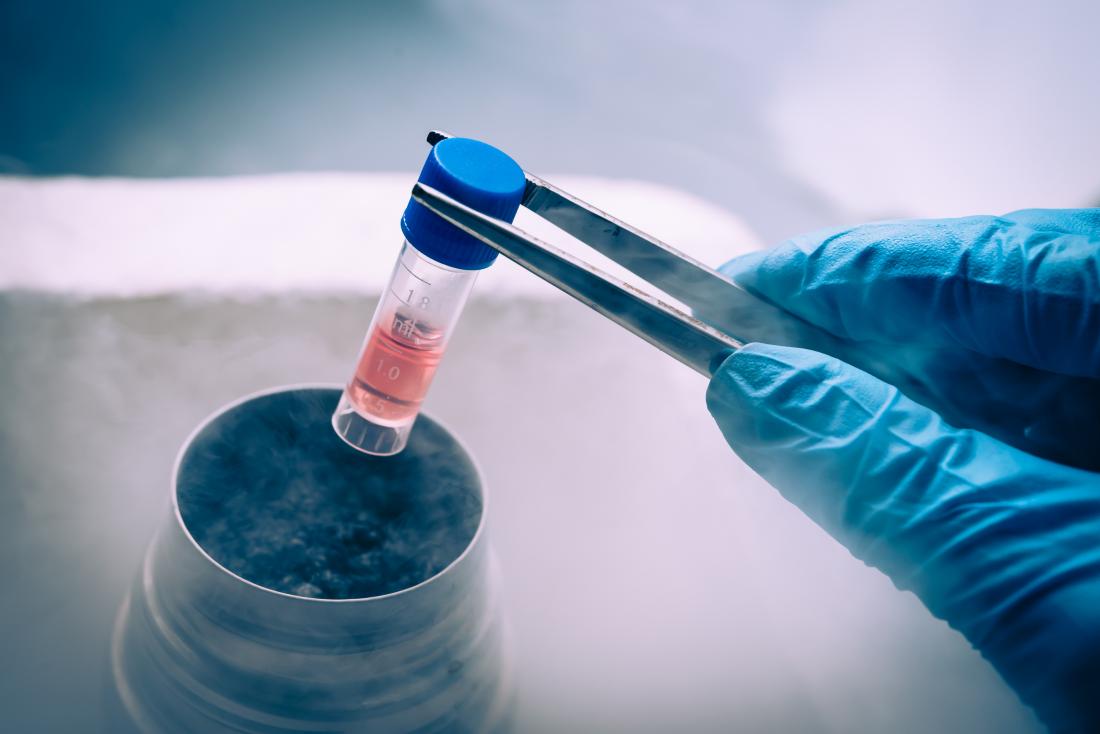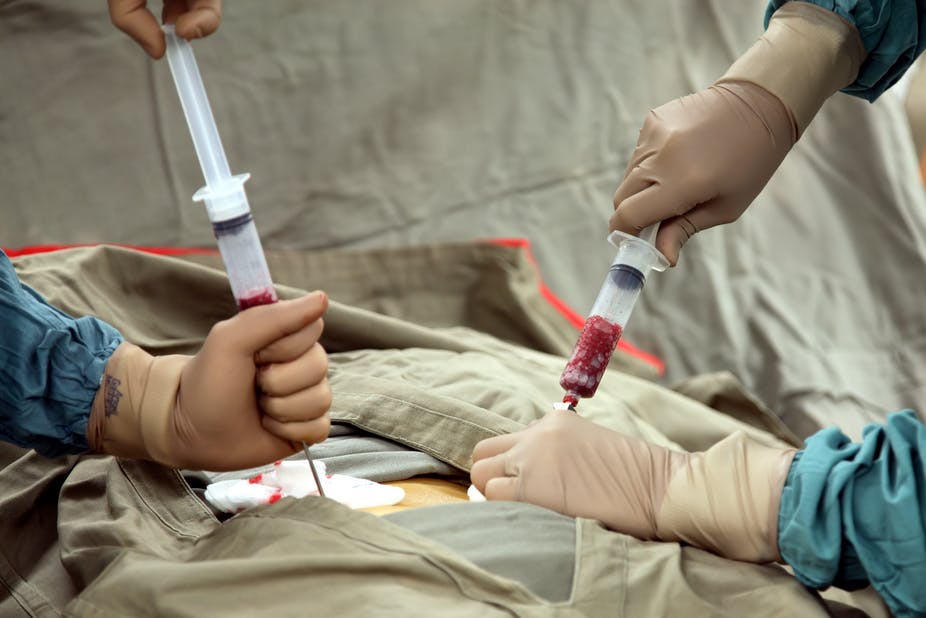Adult stem cell therapy has become an increasingly viable way for patients suffering from a variety of diseases to not only address symptoms but provide long-lasting solutions that enable far better health outcomes. Considered a type of regenerative medicine, the application of stem cell therapy has become an effective way to address issues including heart disease, diabetes and infertility. Using stem cells, regenerative therapy is capable of addressing both cells and tissue that has degraded due to the aging process or inherited functional defects.

Despite the advances and positive outcomes measurable in patients with these types of diseases, laws in various countries still limit how stem cells are both harvested and used in treatment plans. Regenerative medicine has become a passion of many practicing physicians who have seen its results first hand. The application of regenerative therapies have even been able to address some problems that were formerly thought of as impossible to treat, let alone cure. Patients experiencing paralysis or who have deep degrees of brain damage have been able to regain functions once thought beyond the scope of possibility.
In Nigeria, doctors have now seen amazing improvements in patients suffering from erectile dysfunction, neurological diseases, high blood pressure and diabetes. For diabetic patients, stem cell therapy has been able to address not only type two diabetes but even the autoimmune-related type one diabetes. This therapy has been effective in restoring how a patient’s body moves insulin to the pancreas. This significantly improves the quality of life for those patients not just in the short-term but also with long-term results.

The stem cells used in these therapies are often extracted from the patient himself before being prepared and reintroduced to the patient’s body. Using the patient’s own stem cells enables researchers and doctors to comply with laws that limit how stem cells are harvested and used. For diabetic patients specifically, reintroducing their own stem cells has enabled results that last, on average, more than 3.5 years after just one round of therapy. Some patients have even experienced relief from their diseases for more than a decade.
Continued clinical studies show that stems cells can just as effectively treat other ailments from improving the function of hearts to mitigating erectile dysfunction. Stem cell therapy has not yet been recognized as a go-to treatment like other mainstream interventions, but as these studies advance, the effectiveness of this option is recognized increasingly by both doctors and regulators who determine the legality of stem cell therapy and how it may become an acceptable type of first response therapy rather than only applied after other options are exhausted.







